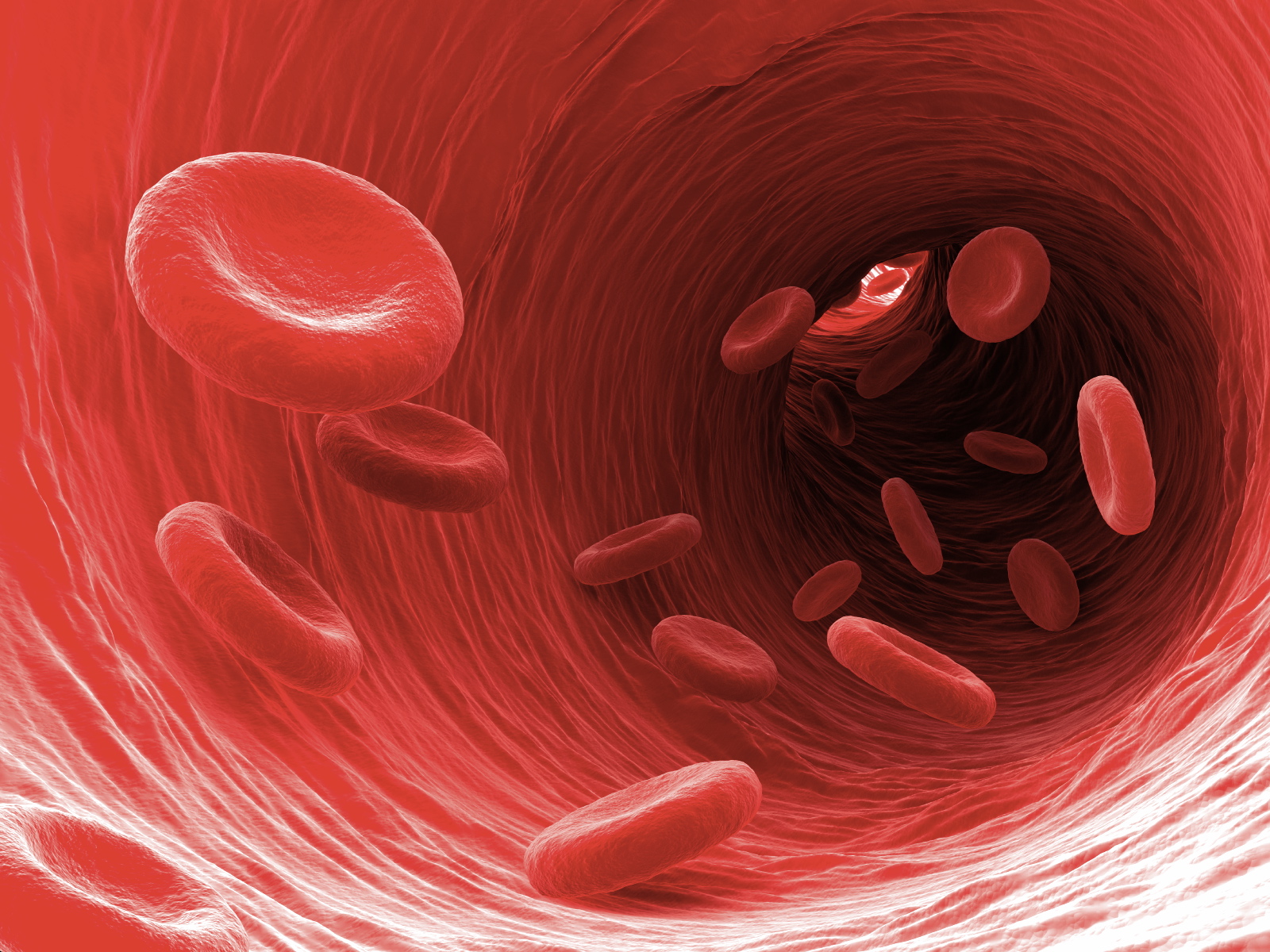
More progress has been made with Stand Up To Cancer® (SU2C) today announcing three Research Teams focused on bringing new therapies to clinical trials for the treatment of gastroesophageal cancer (GEC).
The Research Teams, a part of a Dream Team Collective supported by the Torrey Coast Foundation, will unite top researchers from 11 institutions to address critical problems in GEC prevention, diagnosis and treatment.
This is an important step towards driving progress with new therapies.
The Dream Team Collective aims to foster new and inclusive cancer research on the causes and treatments of GEC, mentor a new generation of scientists focused on GEC, bring new treatments to the clinic, and provide medical professionals with tools and materials to better advocate for GEC screening and treatment with their patients.
SU2C also funded three 2023 Phillip A. Sharp Innovation in Collaboration Awards – which focus on bringing new perspectives together and encourage the inclusion of early-career investigators – and one SU2C Maverick Early Career Scientist Award – which is awarded to an investigator early in their career and supports a cutting-edge idea that has great potential to impact patient care. One of the Phillip A. Sharp Awards includes the Ziskin Prize, which honors legendary Hollywood producer and SU2C co-founder Laura Ziskin, who passed from breast cancer in 2011.
The SU2C-Torrey Coast Foundation Gastroesophageal Cancer Dream Team Collective includes:
Targeting Immune Evasion in Gastroesophageal Cancer – This team will focus on finding better treatment strategies for up to 70% of gastroesophageal cancer (GEC) patients for whom current treatments don’t work. Led by Yelena Janjigian, M.D., chief of the gastrointestinal oncology service at Memorial Sloan Kettering Cancer Center, and co-led by Jedd Wolchok, M.D., Ph.D., the Meyer Director of the Sandra and Edward Meyer Cancer Center at Weill Cornell Medicine, the team will investigate how GEC evades or suppresses the immune system. Focusing specifically on GEC that is characterized by chromosomal instability, which is associated with worse outcomes, metastasis and a resistance to current therapies, the team hopes to pinpoint drugs – or drug combinations – that can better treat GEC.
Novel Therapeutic Approaches for Esophageal Squamous Cell Carcinoma – This team will focus on creating new therapeutic approaches for esophageal squamous cell carcinoma (ESCC). Led by Anil K. Rustgi, M.D., director at the Herbert Irving Comprehensive Cancer Center at Columbia University Irving Medical Center, and co-led by Kwok-Kin Wong, M.D., Ph.D., director of the Division of Hematology and Medical Oncology at NYU Langone’s Perlmutter Cancer Center, the team will investigate aspects of the local environment within and surrounding ESCC where it occurs in the body – including ESCC metastasis – to propose genetic characteristics that could potentially be targeted with new cancer therapies.
Therapeutics for Gastroesophageal Adenocarcinoma: Application, Translation and Discovery – This team will focus on uncovering new therapies for gastroesophageal adenocarcinoma. Led by William Sellers, M.D., core institute member at Broad Institute of MIT and Harvard, and co-led by Marcela Maus, M.D., Ph.D., director of cellular immunotherapy at Massachusetts General Hospital’s Cancer Center, the team plans to define and target the cell surface of gastroesophageal adenocarcinoma and squamous cell carcinoma through a better understanding of the molecular makeup of these cancers. The team also plans to develop CAR-T cells – an immunotherapy that utilizes a patient’s own modified immune cells to fight cancer – for certain types of gastric and esophageal cancers.
The Phillip A. Sharp – Laura Ziskin Innovation in Collaboration Award: Development of microfluidic blood exchange as a next-generation parabiosis for tumor/microbiota immunology – This team will pair immunology with bioengineering to build upon current research that shows microbes residing within the human gut communicate with the immune system to enable anti-tumor responses to cancers. The team, led by Rabi Upadhyay, M.D., assistant professor at NYU Grossman School of Medicine and co-led by Scott Manalis, Ph.D., the David H. Koch professor in engineering at Massachusetts Institute of Technology, hopes to uncover ways in which gut microbes could be used in combination with other treatment strategies for future cancer therapies.
The Phillip A. Sharp Innovation in Collaboration Award: Therapeutic biparatopic antibodies targeting FGFR2 in gastric cancer – This team will work to identify better treatments for the 30% of gastric cancer patients in which a certain protein called FGFR2 is overexpressed, which leads to lower survival rates. Led by Sandra Ryeom, Ph.D., associate professor at Columbia University and co-led by William Sellers, M.D., core institute member at Broad Institute of MIT and Harvard, the team will utilize gastric cancer organoids – which are small, simplified, three-dimensional tumors or organs grown in a lab – as well as other scientific methods to test medicines that deliver biologic therapies called ‘antibody drug conjugates’ with the goal of finding new therapies for FGFR2 positive gastric cancer patients.
The Phillip A. Sharp Innovation in Collaboration Award: Defining immunotherapeutic potential in genome instability-driven squamous cell carcinomas – This team will build on currently funded SU2C research to identify new therapeutic options for Fanconi anemia patients, who are at a high risk of head and neck cancer and have few viable treatment options. Led by Agata Smogorzewska, M.D., Ph.D., professor at Rockefeller University, and Benjamin Greenbaum, Ph.D., director of computational immune-oncology at Memorial Sloan Kettering Cancer Center, the team will evaluate the likelihood that certain cancers – including head and neck cancer – will respond to immune-based therapies.
The 2023 SU2C Maverick Award is:
AI for Targeting Undefined Molecular Subtypes of Head/Neck Cancer – This award will fund work to better understand the subgroups of head and neck squamous cell carcinoma (HNSCC) with the goal of informing better treatment strategies. Maverick Award winner Alexander Pearson, M.D., Ph.D., associate professor of medicine at University of Chicago, will utilize artificial intelligence to combine various types of disease information – including DNA, digital images of head and neck cancer tumors, and other datasets – to produce a comprehensive representation of HNSCC.
